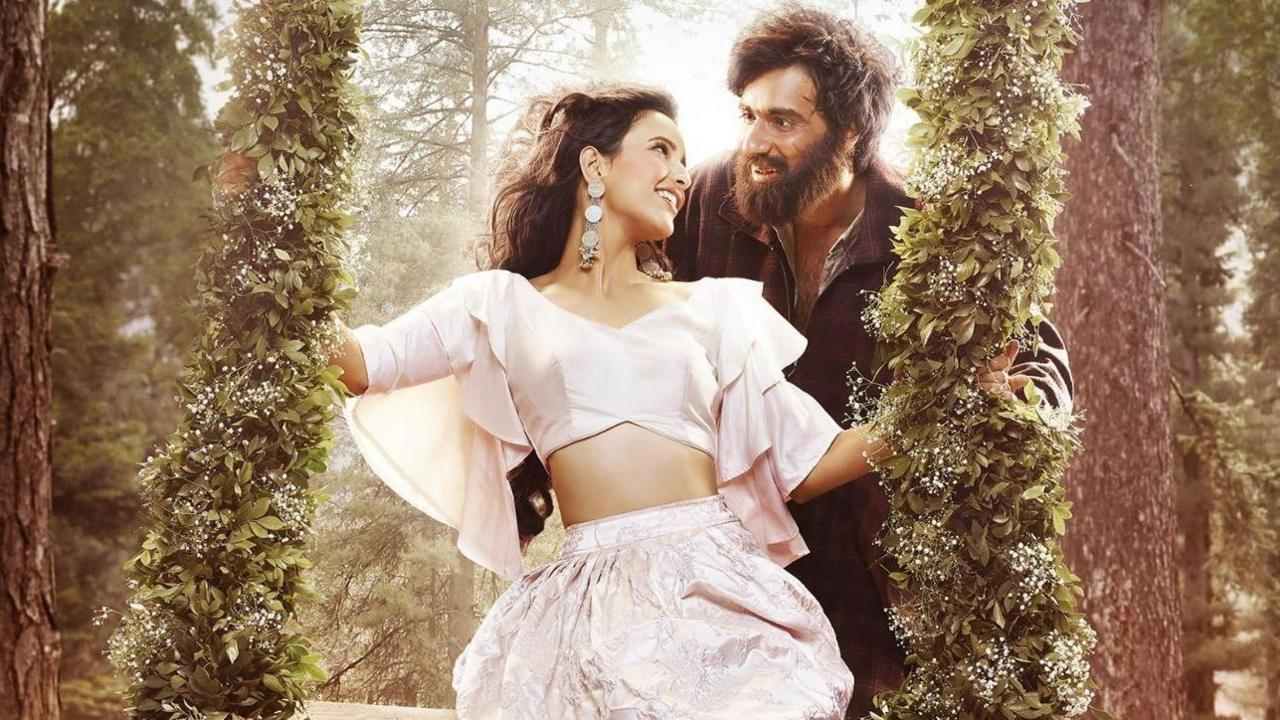Can zombies and witches save Bollywood from its troubles?
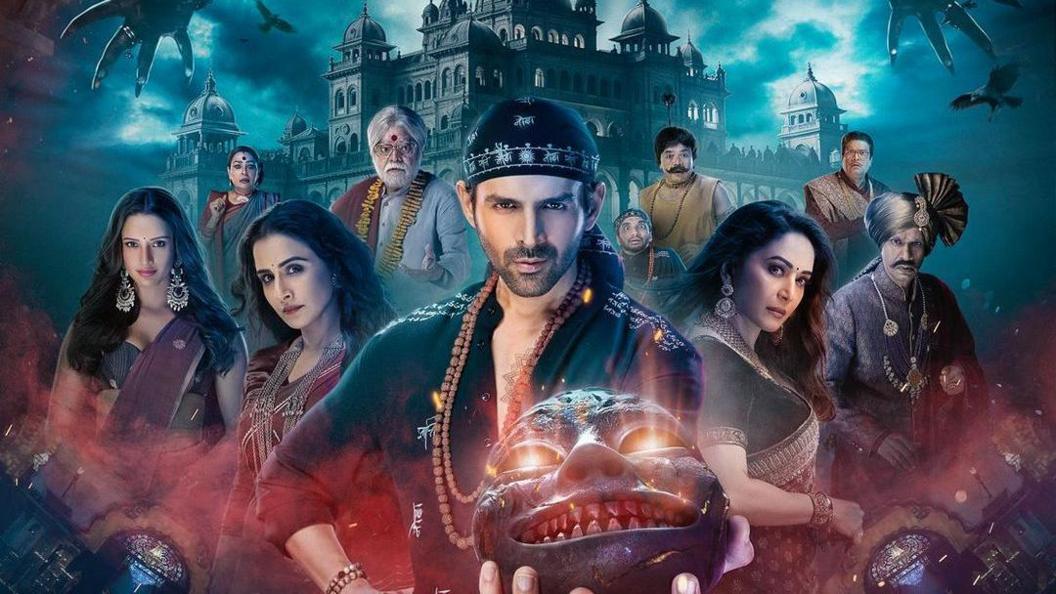
Horror films have emerged as some of the highest-earning genres in Bollywood this year
- Published
Malevolent spirits, spooky zombies and vengeful witches are making a comeback to Bollywood this year, with horror films emerging as some of the biggest earners of 2024. The BBC looks at how these modest-budget films are earning impressive returns.
Earlier this month, Bollywood witnessed a dramatic showdown between the big and the not-so-big.
On one side was the star-studded high-budget action film Singham Again, and on the other, Bhool Bhulaiyaa 3, the latest instalment of a mid-budget three-part horror-comedy series by the same name.
Singham Again, which featured five of Bollywood's biggest stars - Ajay Devgn, Akshay Kumar, Kareena Kapoor, Deepika Padukone, and Ranveer Singh - managed to pull in 1.86bn rupees ($22.05m; £17.06) worldwide in four days, according to film analytics tracker Sacnilk.
While Bhool Bhulaiyaa 3, which features the relatively young and new Kartik Aryan, earned slightly less in the same period (1.63bn rupees), its smaller budget meant that its performance was even more impressive
The film brings back Aaryan, who also featured in the second part, as a conman exorcist who is hired by a royal family to purge their palace of an evil spirit.
Packed with adventure and hilarity, the film's racy plot has been drawing audiences to theatres in droves.
The film’s success marks a continuation of a new trend in Bollywood, where horror and horror-comedy films - once relegated to the fringes - are now leading the box office.
The trend began with Shaitaan, a psychological horror film starring Ajay Devgn, which earned over $25m worldwide despite a modest budget. Following that, Munjya and Stree 2: Sarkate Ka Aatank continued the success, with the latter becoming the highest-grossing Hindi film of 2024, grossing over $103mn.
The film, Stree 2: Sarkate Ka Aantank, set in the fictional town of Chanderi, features the mysterious Stree, who once targeted patriarchal men, now facing off against a monster that abducts free-thinking women.
The film sold out shows for months while other major Bollywood productions struggled to find an audience.
The industry has gone through through a slump post the Covid-19 pandemic, with most films tanking at the box-office, trade figures show.
What's interesting is that a lot of these horror films did not receive glowing reviews - in fact, some critics have criticised the films for their “lousy” plotlines.
Yet their back-to-back successes seem to have given Bollywood a new lease of life.
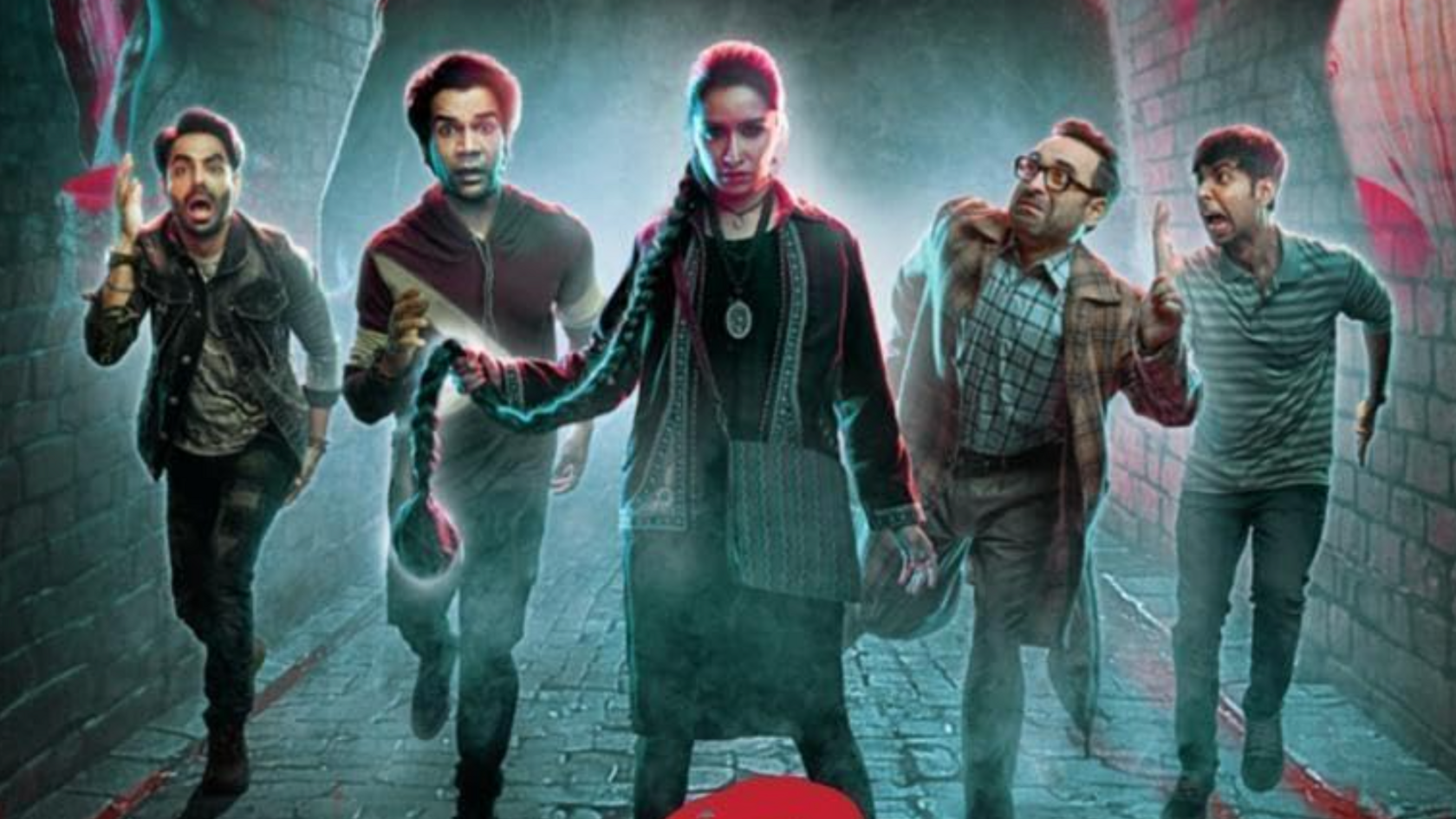
Stree 2 is the highest-grossing movie of 2024
So what's driving this trend?
"Horror-comedy plays on the most primal instinct of the audience - alternating between fear and humour," says Mayank Shekhar, a senior film critic.
"Both are infectious. You audibly sense the shrieks and the laughs in the hall."
Films like Bhool Bhulaiyaa 3 and Stree 2 have also benefited from the success of their prequels.
People come to watch these films simply because they enjoyed the films that came before it, making them somewhat "critic-proof", Shekhar adds.
“I think we go because we loved the original film and want to feel the same magic in the sequels,” says Apurva, a radio jockey, who watched both films recently.
Horror as a genre in Bollywood has also reinvented itself over the years.
Unlike the horror films of the 1980s, which were designed for an adult audience, horror films nowadays have become a collective cinematic experience, fit for family viewing.
In the 1970s and 1980s, the Ramsay Brothers ruled the Hindi horror scene with hits like Do Gaz Zameen Ke Neeche (1972) and Purana Mandir (1984), built on a formula of exaggerated ghosts, witches, gore, and titillation.
"The films were profitable but lacked the legitimacy and appeal that could attract big actors and wider viewership," says Taran Adarsh, a trade analyst.
In the new millennium, producer brothers Mahesh and Mukesh Bhatt, along with director Vikram Bhatt, took the reins of the genre.
Their Raaz series (The first film released in 2002) - a sleeker reimagining of the Ramsay Brothers’ formula, featuring chart-topping songs and sensual scenes - achieved significant success.
But apart from a few exceptions, the charm of horror films remained limited.
The turning point came in 2007, when Bhool Bhulaiyaa's first part, starring Akshay Kumar and Vidya Balan, hit theatres.
Adapted from the 1993 Malayalam blockbuster Manichitrathazhu, the movie offered a perfect blend of humour and horror and became an instant hit with the audiences.
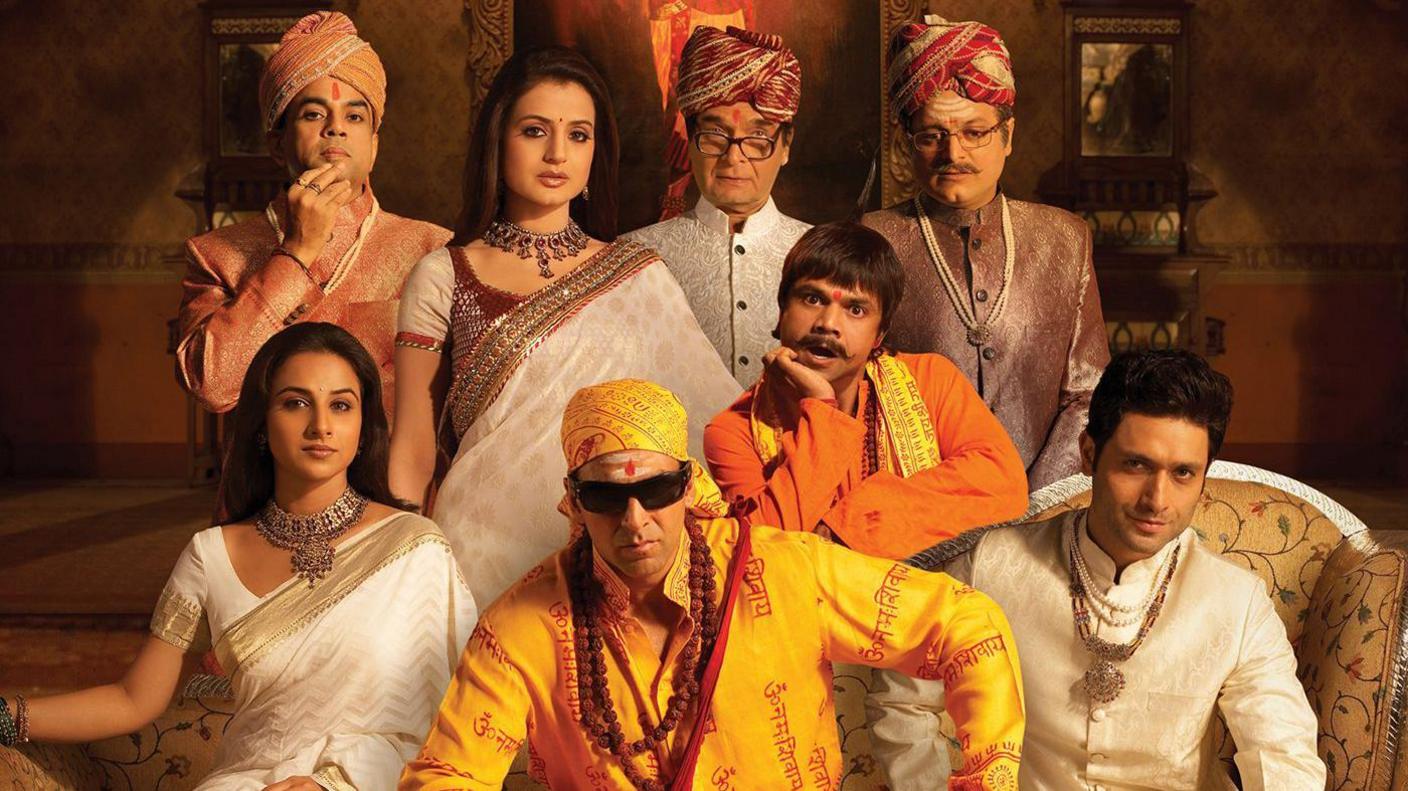
Bhool Bhulaiyaa (2007) offered a perfect blend of humour and horror
The genre - with its newfound family-friendly approach, which tones down explicit content - gained more popularity with the release of Stree in 2018, which combined horror with social themes like patriarchy and feminism.
Anees Bazmee, the director of Bhool Bhulaiyaa 2 and 3, says a big part of his vision was to ensure his films are enjoyable for children. "I wanted them to be on the edge of their seats but never truly scared, like a roller-coaster ride - happy on the ascent, with a thrill of fear on the descent," he told the BBC.
And it's not just humour, there are other common elements as well - most of these films are set in small towns and cities and combine local folklore with universal themes of kindness, bravery and the eventual triumph of good over evil.
Take the film Tumbbad, a bold blend of mythology, horror and moral lessons.
The film follows Vinayak, who discovers a treasure guarded by a cursed creature and attempts to steal it, only to realise greed is a deadly trap. Originally released in 2018, the film was re-released in cinemas earlier this year, managing to earn more than its original collection.
Mr Adarsh says there is no doubt that horror is enjoying a "revival" at the box office this year.
But others warn against the oversimplification of the trend.
“Bhool Bhulaiyaa was our first horror-comedy success that established a successful formula," says Munjya director Aditya Sarpotdar.
"But it took more than a decade to come up with the next big hit (Stree)," he adds.
Bazmee says that often, it’s the plot and not the genre that determines a film's popularity.
"In the end, it's always the well-made films that work. That’s always going to be a fundamental factor," he says.
Related
- Published9 October 2024
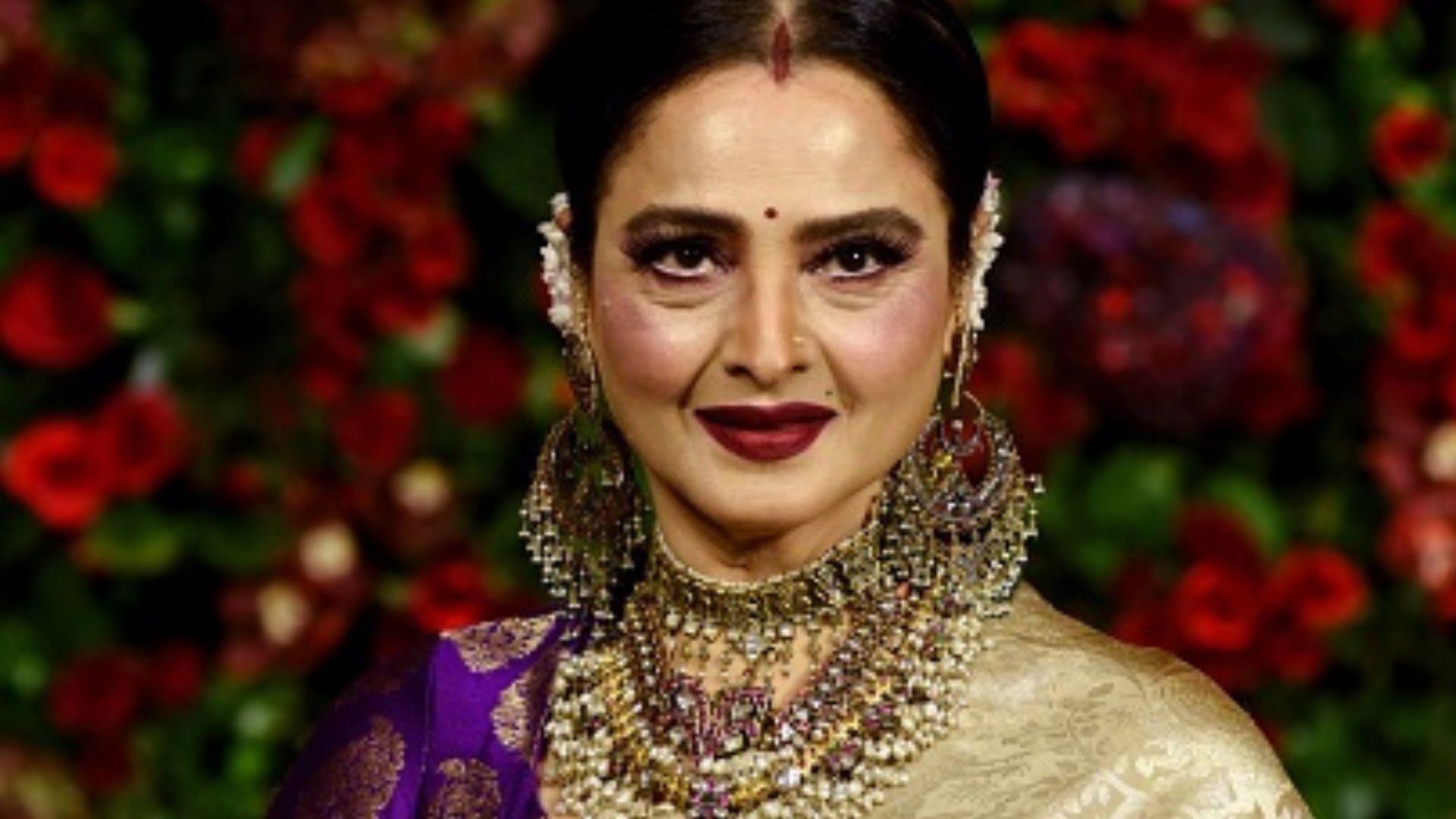
- Published18 December 2023
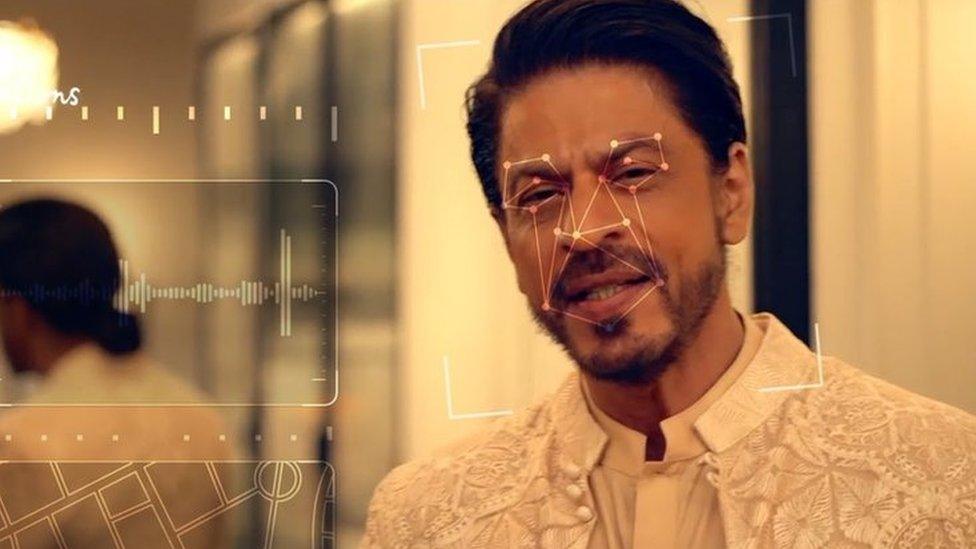
- Published26 August 2024
